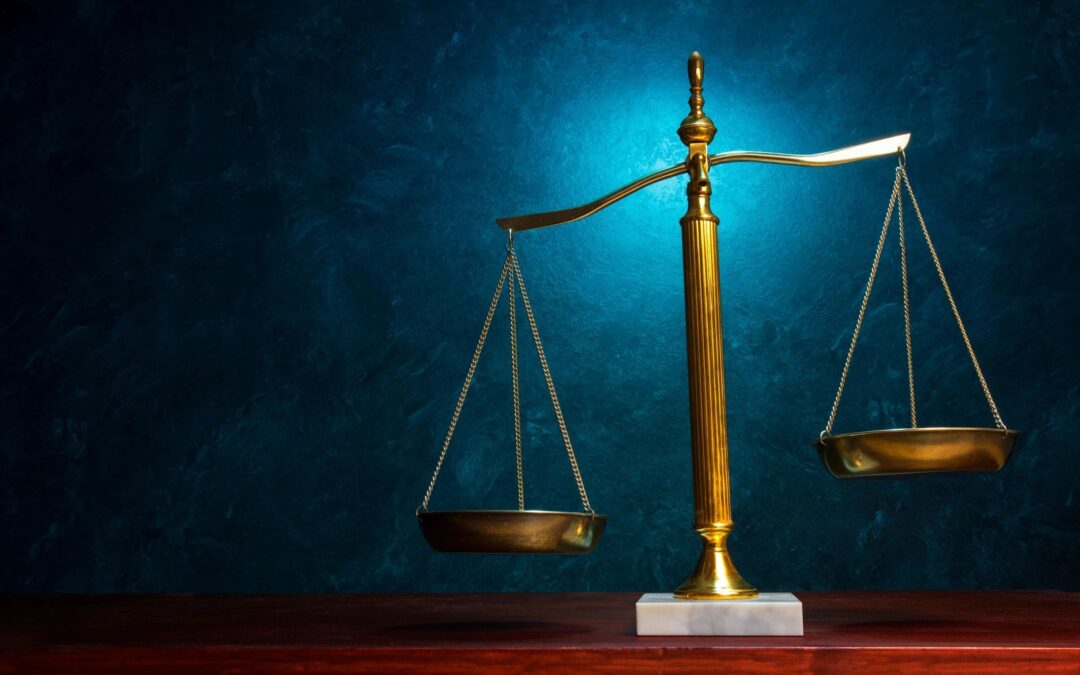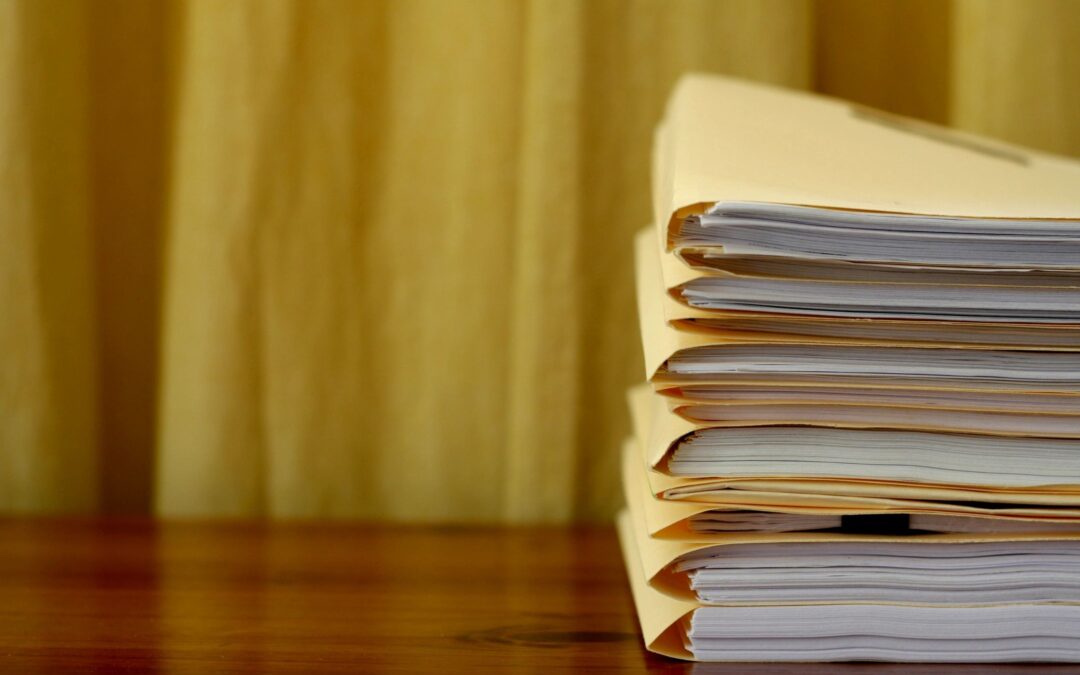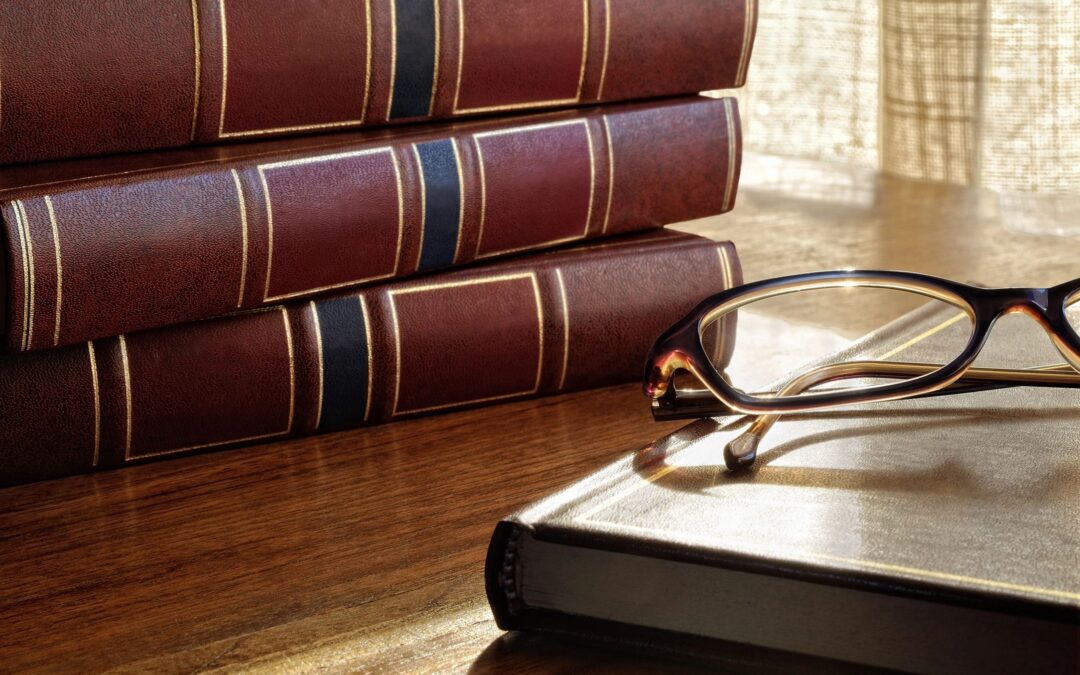
by Matthew Johnson | Apr 26, 2024 | PTAB News, PTAB Trial Basics, Request for Reconsideration
By: Lisa Furby, Marlee Hartenstein, Stephanie M. Mishaga and Robby Breetz – In 2021, following the Supreme Court’s Arthrex decision, the PTO issued an interim procedure for requesting Director Review (discussed here). The PTO has now issued a Notice of Proposed...

by Matthew Johnson | Feb 21, 2024 | PTAB News, Request for Reconsideration
By Sabrina Bellantoni and Matt Johnson – Recently, the Patent Trial and Appeals Board (“PTAB”) granted a request for rehearing of a decision that denied an institution of inter partes review and then instituted a trial on all the challenged claims on all the...

by Sarah Geers | Dec 28, 2023 | Prior Art Issues, PTAB News, Request for Reconsideration
By Luke Cipolla, Daniel Sloan, Robert Breetz, Sarah Geers, and Matt Johnson – USPTO Director Kathi Vidal recently designated precedential section II.E.3 of Penumbra, Inc. v. RapidPulse, Inc. and clarified that the priority analysis for an AIA reference patent as...

by Carl Kukkonen | Dec 14, 2023 | PTAB News, PTAB Trial Basics, Request for Reconsideration, Trial Institution
By Ben Baek* and Carl Kukkonen – On November 16, 2023, USPTO Director Kathi Vidal ordered a Delegated Rehearing Panel (“DRP”) to review whether the PTAB misapprehended or overlooked certain issues when denying challenger SynAffix B.V.’s petition for inter partes...

by Lisa Furby | Feb 9, 2023 | Prior Art Issues, Request for Reconsideration
By Ryan Mueller and Lisa Furby – On January 10, 2023, a PTAB panel granted a Petitioner’s Request for Rehearing of Final Written Decision and, contemporaneously, issued a revised Final Written Decision in Unified Patents, LLC, v. 2BCom, LLC, IPR2020-00996,...

by Matthew Johnson | Jun 10, 2022 | Final Written Decisions, PTAB News, Request for Reconsideration
By Ben Baek,* Mike Lavine, and Matt Johnson – In a previous post from July 2021, we discussed the interim process for Director review in PTAB proceedings post-Arthrex. Since then, only three out of over 175 requests for Director review of a Final Written...







